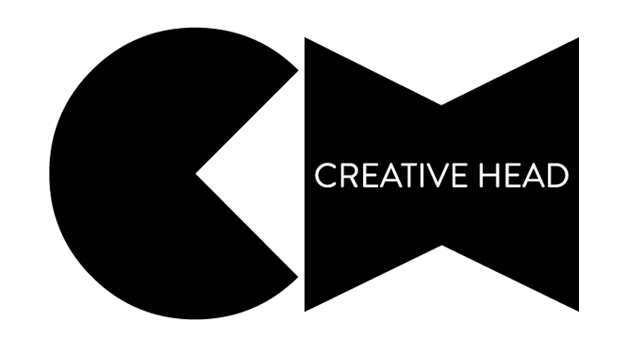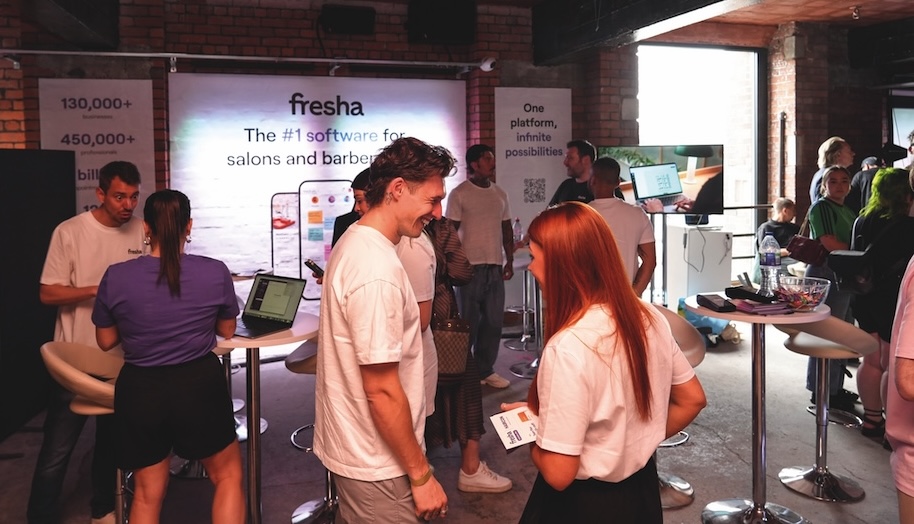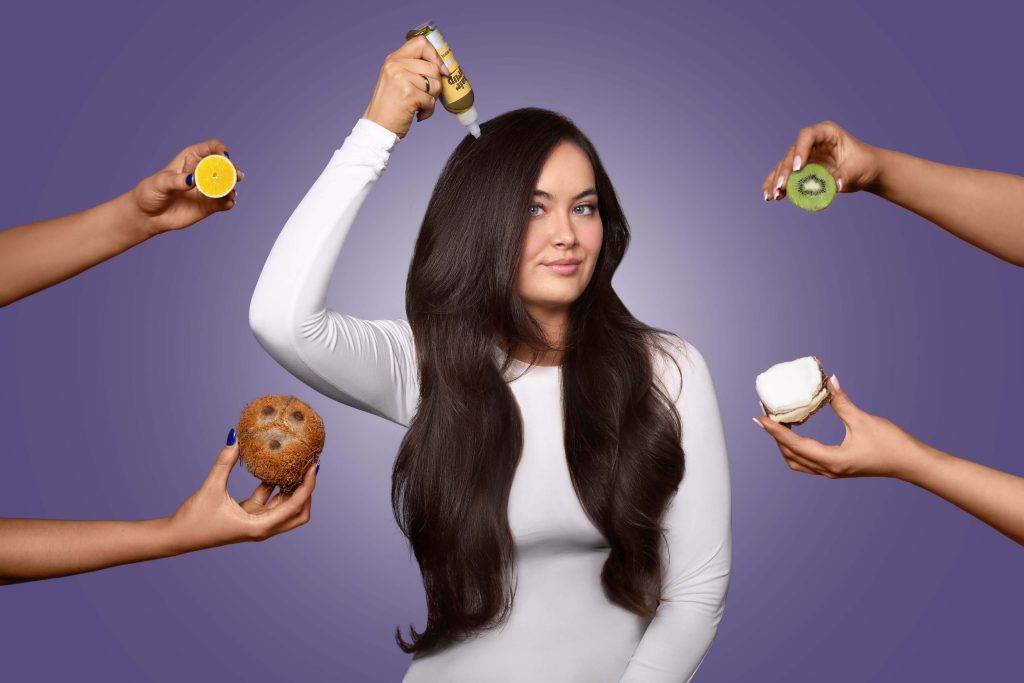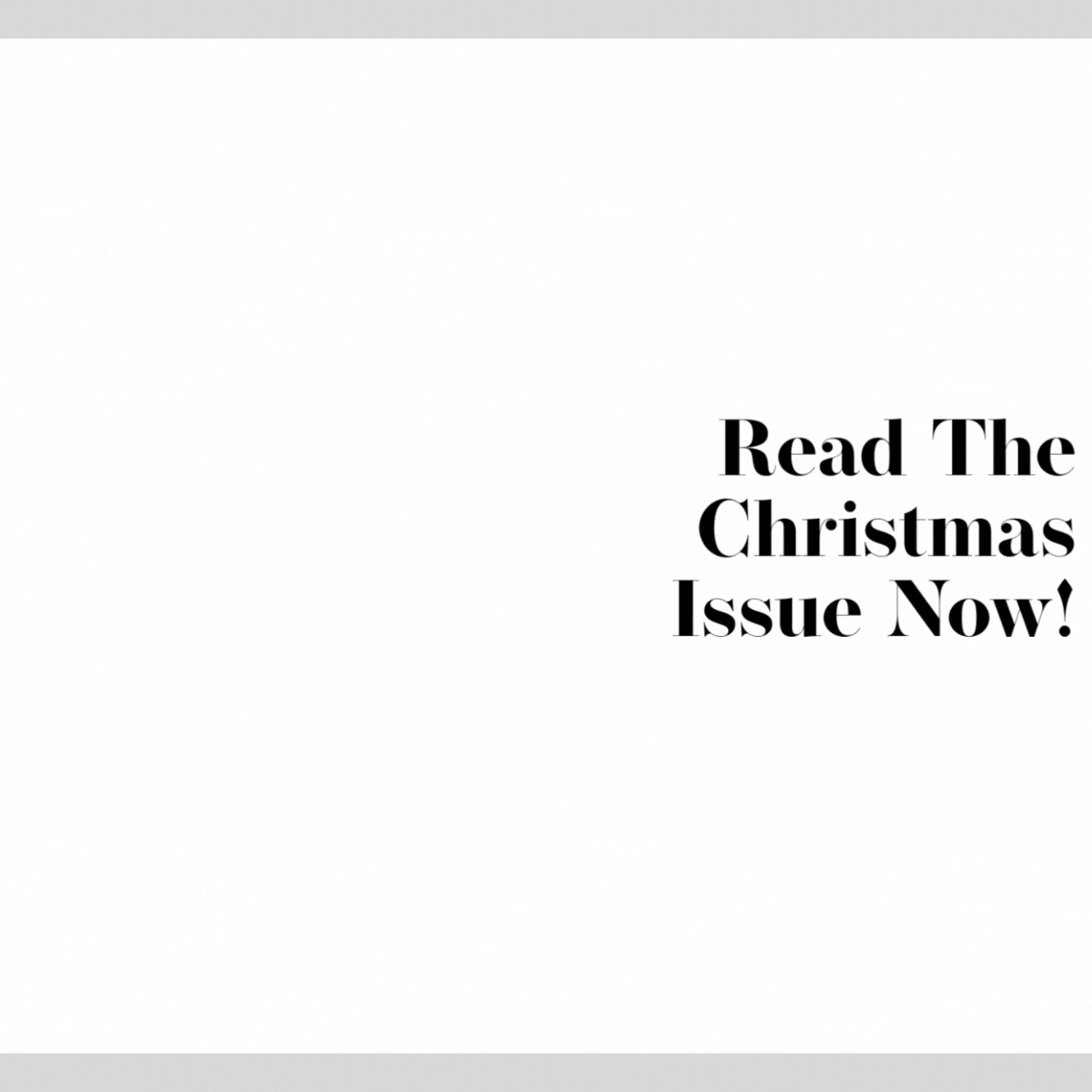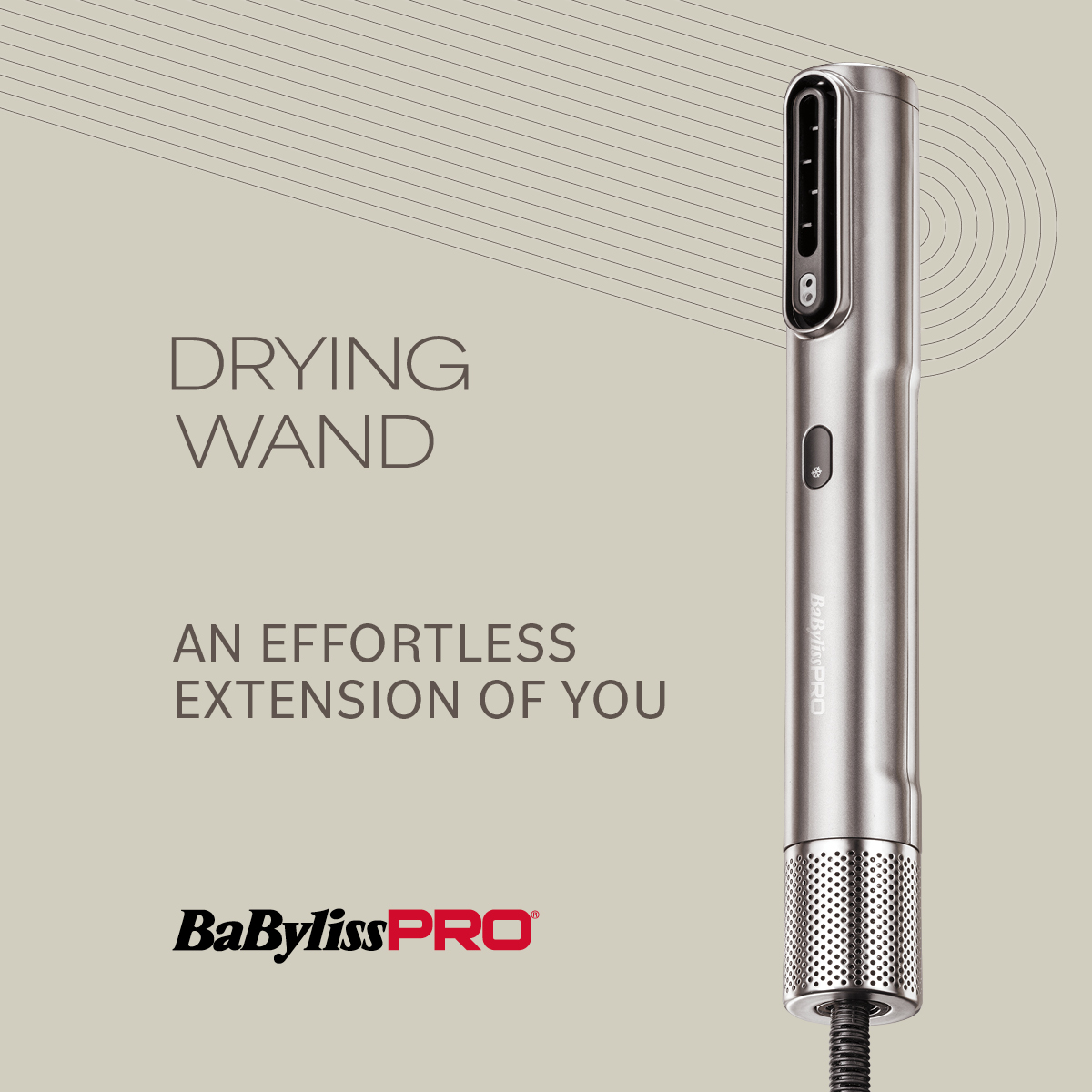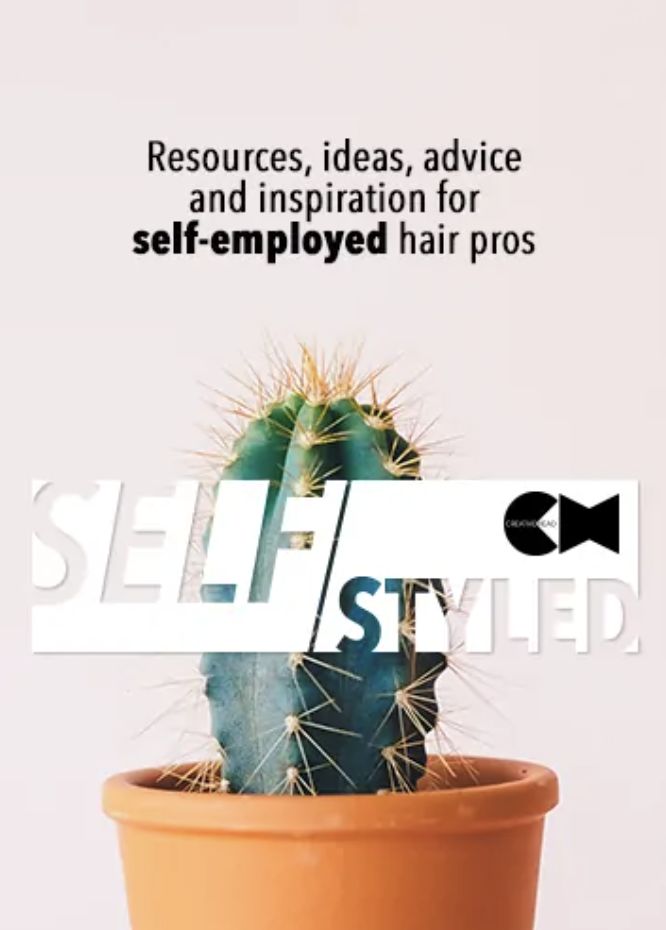“Keep Working Like Nothing Is Wrong”
When Creative HEAD held a discussion on the impact of problematic periods, a female salon boss wrote to us saying: “This exact woke attitude is why women aren’t taken seriously in business.” Why the lack of sisterhood? Periods are not fun for anyone, but the fact is that some are hit so badly they need sporadic time off to deal with them. Surely they need a workplace that’s supportive, not one that expects them to suffer in silence?
by CATHERINE | CONVERSATIONS
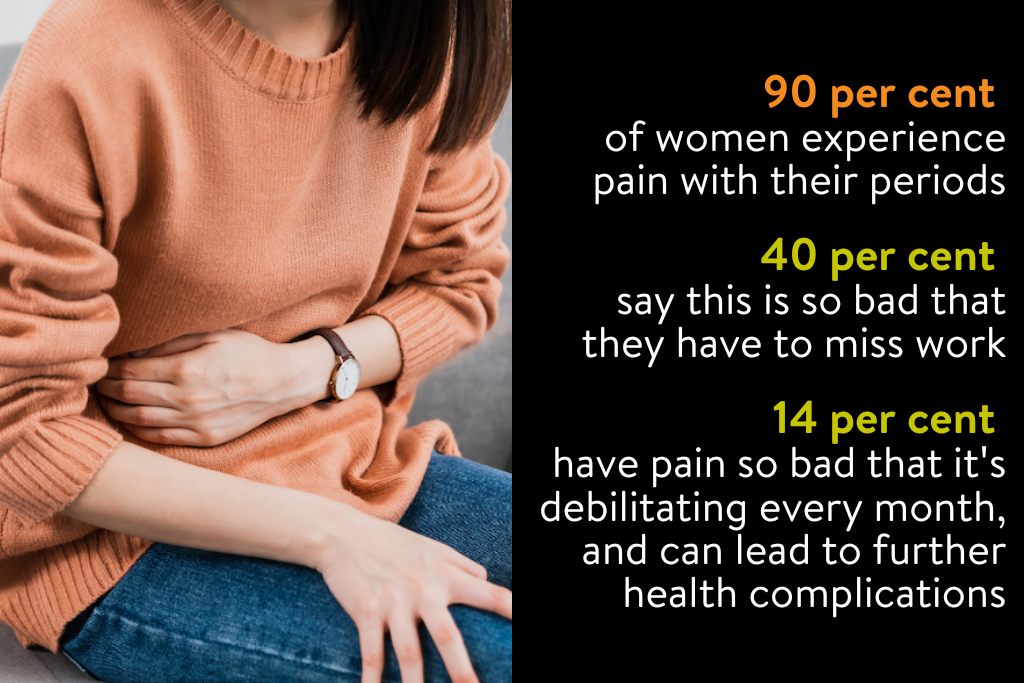
Hairdressing is an industry that’s powered by women – around 88 per cent of workers in hair are female. Obviously, a big chunk of them are having periods, and according to statistics, for around 40 per cent period pain is so bad they will have to miss work. Yet despite there being a flurry of activity around the menopause in recent years, there hasn’t been any real discussion around how to help women working in salons or as independent business owners with troublesome periods. Slightly baffling.
Menstrual leave, launched in Spain in 2023, is widely derided in Britain as a woke European thing, so the offer of three to five days of paid leave per month won’t happen here just yet. That means the only tangible workplace support for problem period sufferers in the UK – reasonable adjustments like reduced or flexible hours, home working and the provision of special equipment – is if they meet the threshold for disability.
If we want women to be able to work – to be able to function – as humans despite the various nonsensical menstrual conundrums bestowed upon us, we need not just to look into what’s causing problem periods but also to give women the time and space to deal with these things. That is why Creative HEAD gathered a group of women to discuss the impact of problematic periods on working women, to consider how best to manage them and find solutions – and to learn how to better advocate for yourself with employers who might have a similar attitude to our email correspondent.

Cristina Fazzone – independent colourist
“I find it shocking that we don’t speak about periods. For the 40 per cent of women who have to miss work due to painful periods, it means we’re suffering in silence. I would love to break the taboo, start seeing change in the workplace, and to do that, we need to start talking about periods openly, because it’s definitely a topic that we steer away from. We push through and we hope everything’s going to be okay, and that isn’t the way to deal with it.
“The most important thing I wanted to raise here is the impact of my periods on my work, and how it started to affect my job as a hairdresser. When I was employed, it was a nightmare – a sick day meant rescheduling a whole day of clients, losing clients potentially because of it. But on top of that, there was a lack of empathy from my bosses around why I was calling in sick.
“Things got a lot worse when I became self-employed because it affected my income so much more. I also started to notice the impact of my periods on my creativity and being able to give my full energy to a client. Our creativity is affected by our cycles. We can’t expect to deliver the same results every time.
“So essentially, the question is, how are we catering to women in the industry? I feel it’s time for change. For women to be taken seriously, the process taking place within our body needs to be understood, because we can’t deliver the same efficiency if we are just pushing through and pretending that it doesn’t happen.”
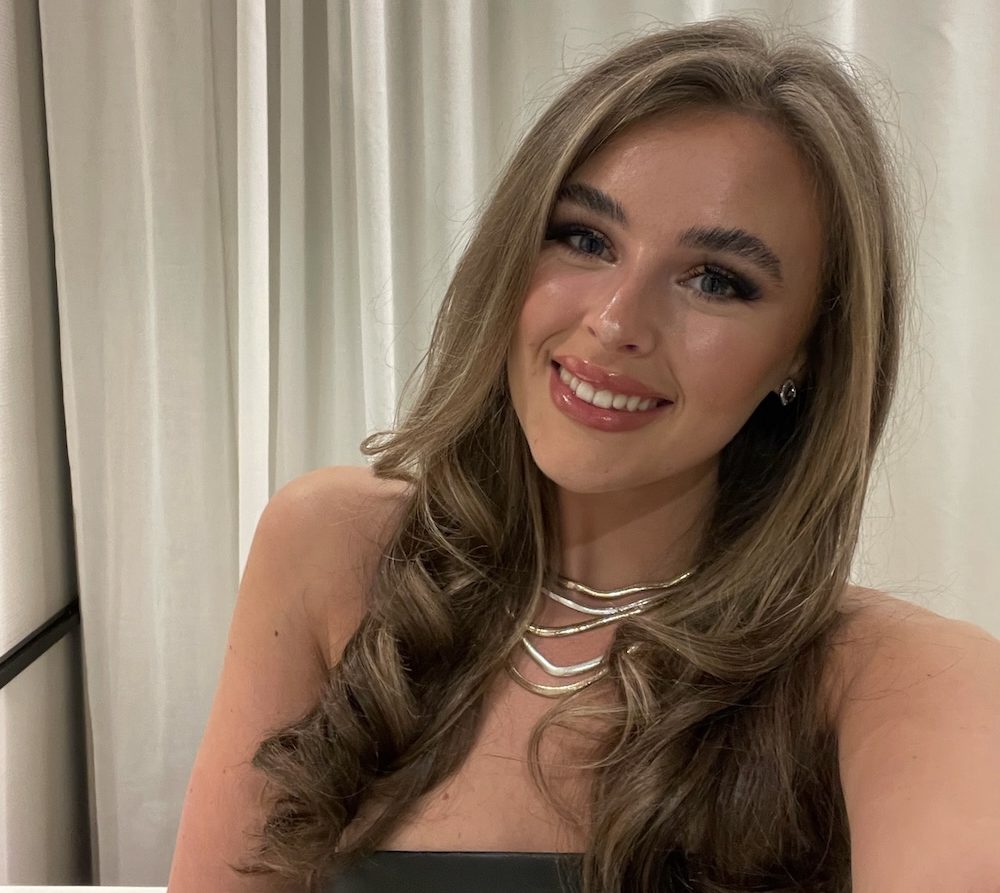
Connie Owen – Cristina’s period coach
“I am a cycle awareness guide. I help women rediscover the sacredness of their cycle, which is the rhythm that we live to as women. As cyclical beings, just like nature has seasons, we’re never the same person all the time. Understanding our cycles can help us be more creative, be more efficient.
“The menstrual phase, our bleed, is when many of us have our lightbulb moments. When an idea does come, write it down rather than pursue it at full force because I wouldn’t advise embarking on a project during your bleed.
“When you move into the follicular phase, this is a time to break your idea down, perhaps with a moodboard. Then, as you move into the ovulatory phase, you can really shift the gears into making your dreams possible. You’ve got this surge of energy, you’re glowing, you feel determined to bring your idea to life.
“Finally, you go into your luteal phase, which is when you start cocooning back into the darkness to reflect on your creativity and the month that you’ve had – what went well, what needs to change. And you then carry that into your bleed and the cycle begins again. Every phase can help you with your creativity. It’s just knowing when to go full force with something and when to hold back a little bit.
“My advice to working women who suffer from painful periods would be to not push through. The energy that we have on our bleeds is meant for healing, and when that’s outsourced, we can end up being really depleted and fragile. It’s about having boundaries with yourself, giving yourself permission to say no or to rest, because you can’t expect other people to allow that for you when you don’t allow that for yourself.”

Anna Cooper – co-founder of charity, The Menstrual Health Project
“I’m a nail technician and co-founder of The Menstrual Health Project, a patient-led charity that seeks to improve education around menstruation and help people navigate these conditions more confidently, accurately and comfortably. Our vision is a world where gynaecological health is no longer stigmatised – society sees periods as dirty, and we’ve ignored the topic far too long
“We’re up against it in this industry, having to cancel a day of clients due to period pain, but actually, the biggest thing is communicating with your clients and your boss, if you have one, so they understand what you’re going through. Often, people just don’t understand conditions like endometriosis, that it causes long term pain, that there is no cure and that it comes under the disability bracket, and that actually comes with rights.
“I urge anybody who manages staff to educate yourself on these conditions, because we’ve gone for far too long with the attitude that women have to put up and shut up. Did you know, when a woman goes to a GP it takes an average of 10 GP visits for her to be taken seriously? It takes an average of one GP visit for a man to be taken seriously. So, we have a huge gender health gap within our health system, which doesn’t help.
“Being aware of your healthcare and employment rights is crucial, they’re there to protect you. Make sure you are going to your boss with accurate information about your condition. Tracking pain and symptoms is not just for when you’re going to the doctor, it also can help within the workplace, because it can show your bosses what you’re having to deal with. Don’t be afraid to ask if you’re able to have flexible working; explain why you need it and how.
“Be your biggest advocate. Trust your body as you know it best. Don’t feel afraid or embarrassed to speak up. Talking about mental health is not shameful. We need to understand that the only way things will change is if we open up. As women, we don’t get a choice whether we have periods or not, so we shouldn’t have to make a choice whether we speak out about it or not.”
To find out more, visit menstrualhealthproject.org.uk
